CASA BLOGS
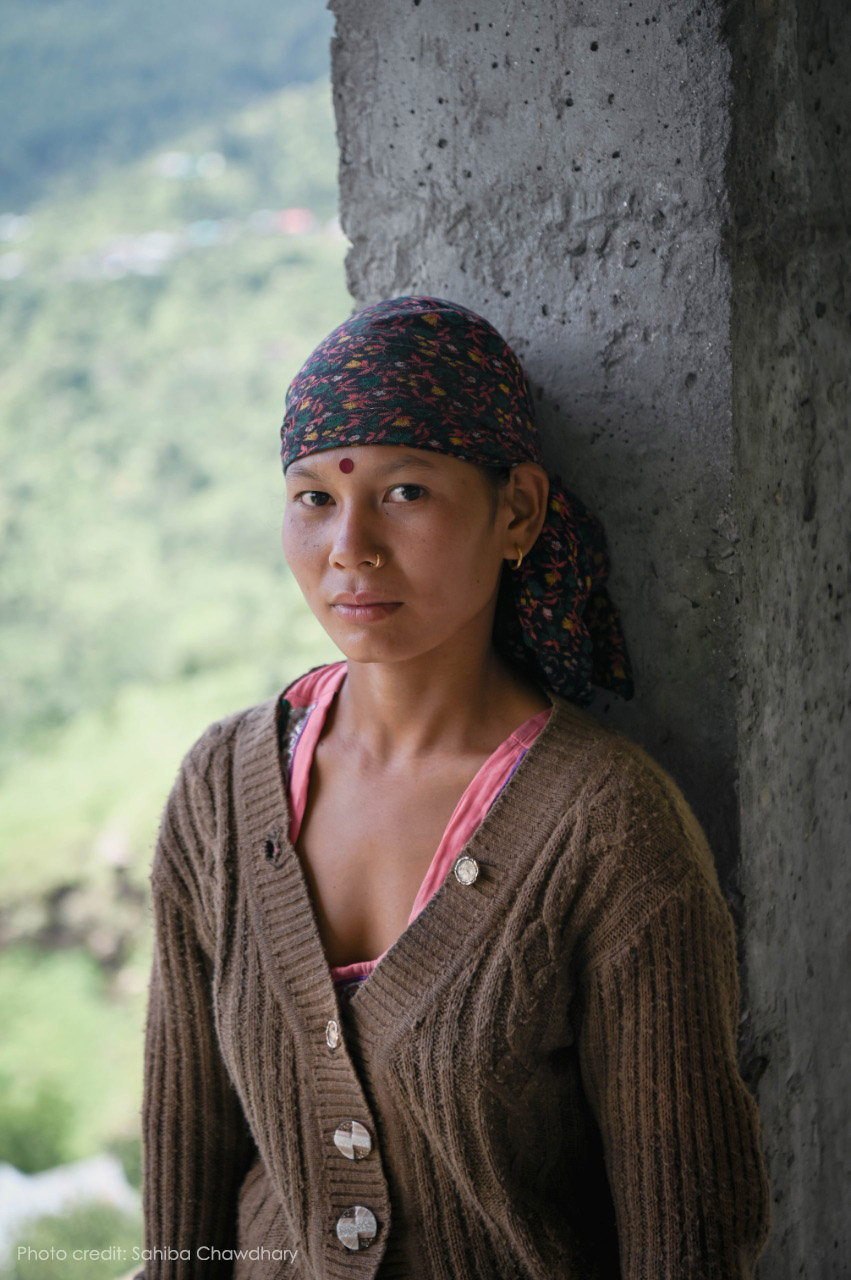
Quest to redefine my identity
21- year old Vimla Devi is a migrant worker from Nepal. She migrated to India with her family in search of better livelihood alternatives. However, her husband abandoned her, making her the sole caregiver of their children.
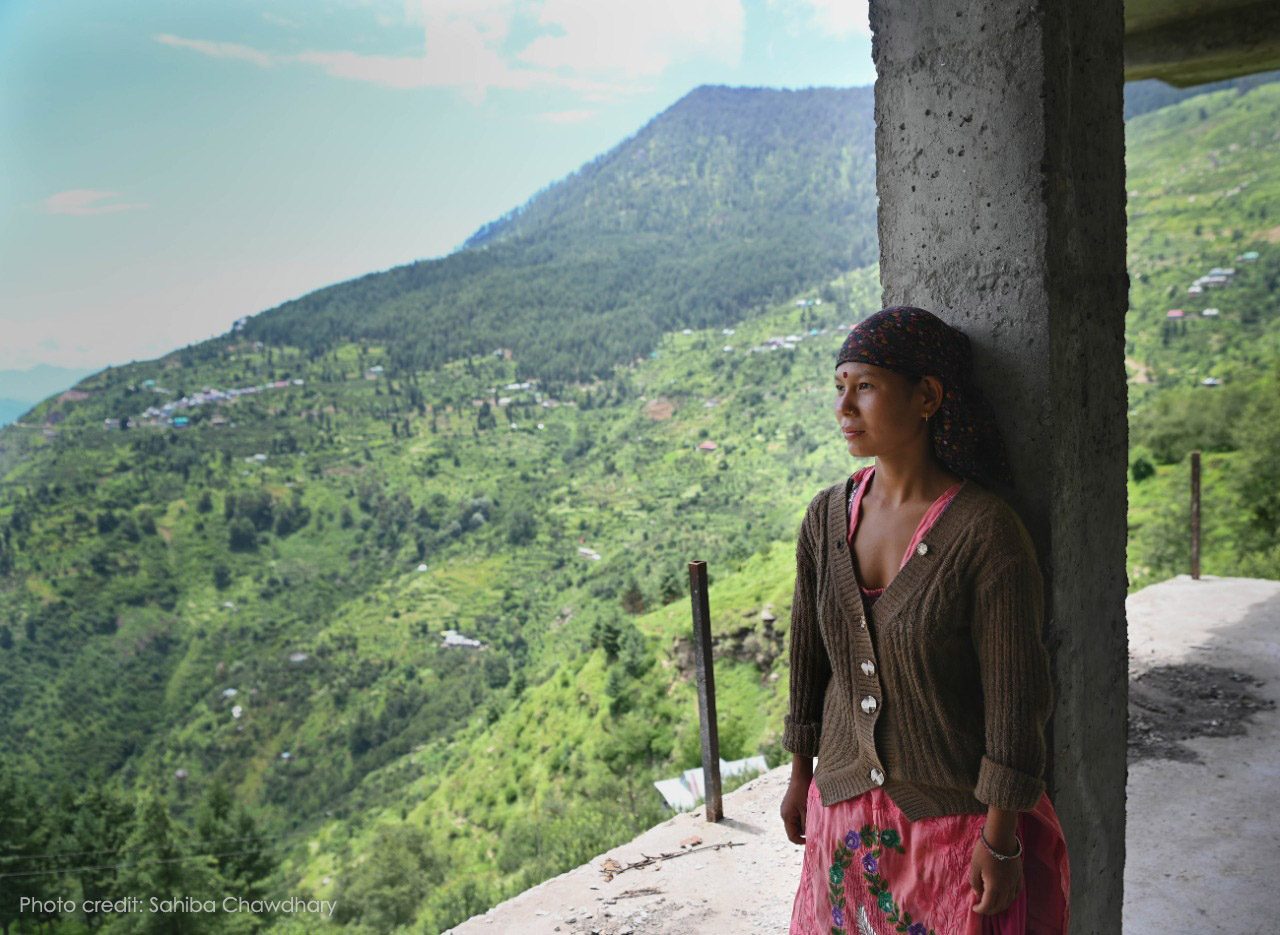
Patriarchy is a deeply engrained and highly normalised norm of our society. Women have often defined themselves with regards to men, living under their shadow when they were unable to fend for themselves.
However, Vimla Devi was committed to not fall into the malicious trap of the male dominant social strata that surrounded her. Her resolution to redefine herself by moulding her identity to her unique individuality helped her overcome the challenges that lay in front of her.
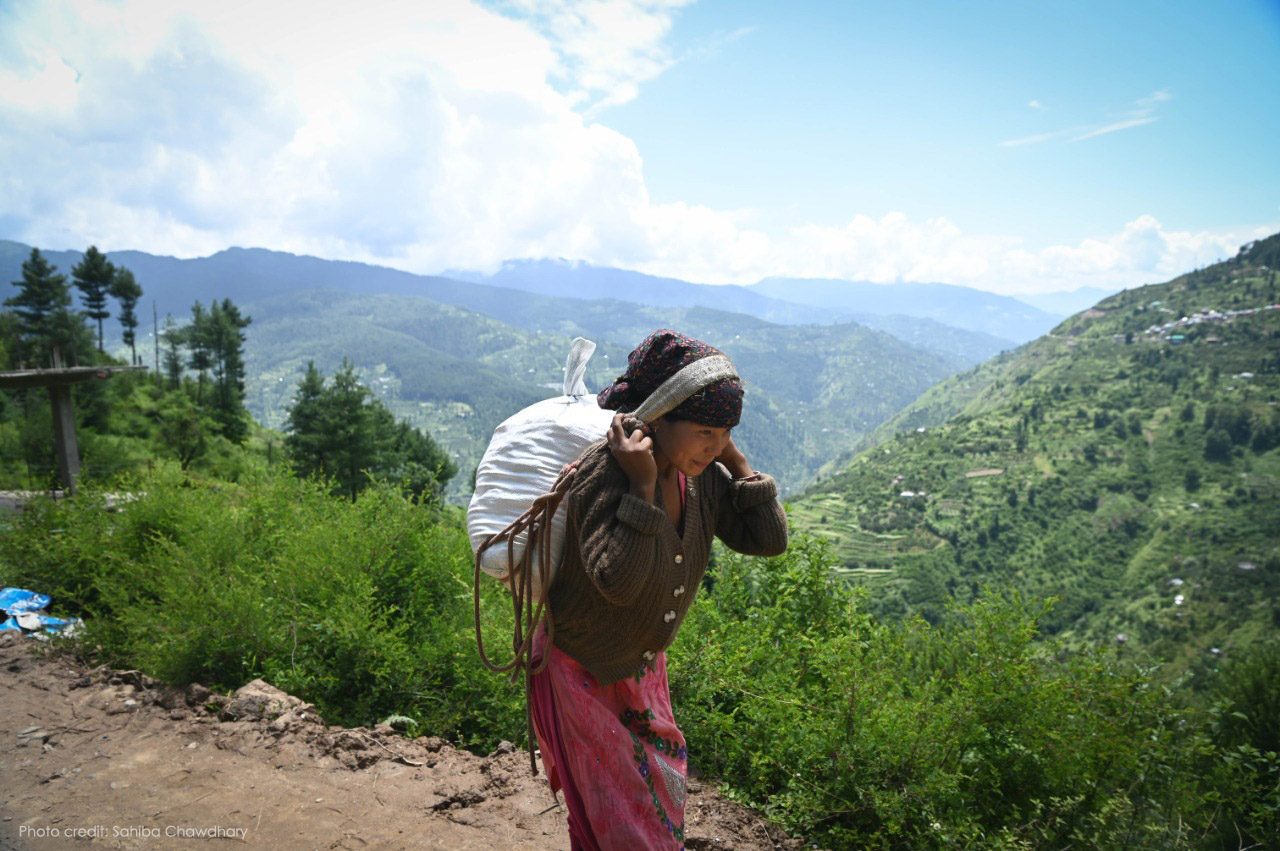
Things took a turn for the worst when the lockdown was imposed. The informal workforce of India, leading a hand to mouth existence, has been acutely affected by loss of jobs.
“I had faith in myself. I needed to provide for my family and I was determined to pave my path by myself.”
Vimla Devi resides in the remote village of Bosari, in Rohru region of Himachal Pradesh. She got connected with CASA’s ground partner Education Society for Information Technology (ESIT) that provided her daily wage work of digging and clearing roads in nearby remote villages.
CASA has come to the forefront by providing assistance to several migrants in Shimla, Himachal Pradesh, by linking them with the Municipal Corporation of Shimla, paving their way towards permanent jobs and providing them with assured monetary security.
Many women have been provided with the opportunity to stand on their feet and ensure sustenance for their families.
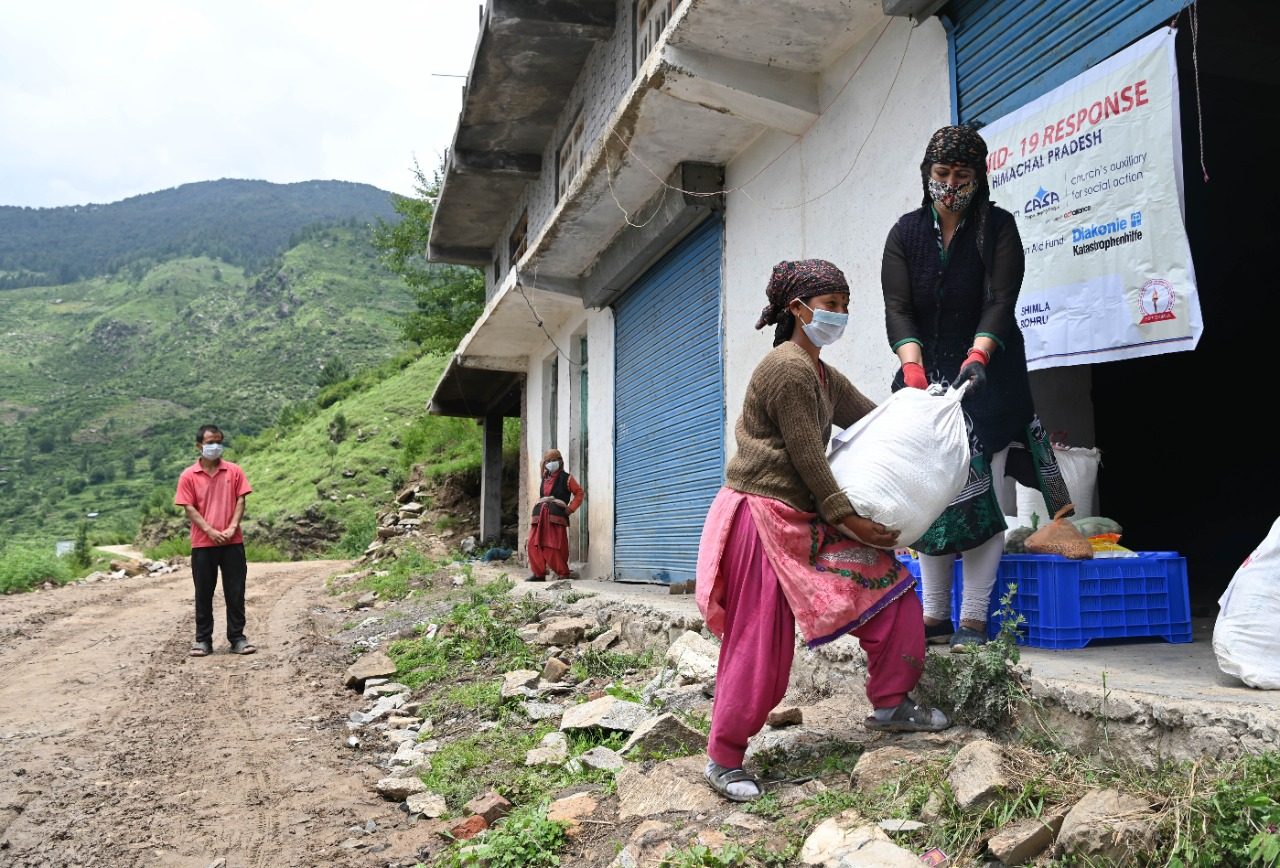
In these staggering times, migrant labourers have come forward, voluntarily, and taken up responsibilities of manual work, such as repairing unmetalled roads to mending rain water drainage systems, in exchange of dry ration and a monetary benefit of 1,000 rupees (given through bank transfer) provided by CASA, to serve their essential needs.
The dry ration and monetary help, along with government supported work, will give them food security and alleviate their situation in these staggering and difficult times.
CASA is relentlessly striving to not only provide for the unmet needs of the vulnerable communities but also to empower women to stand with conviction, independent and confident, for their families.
On the ground report by Sahiba Chawdhary, Photojournalist and Arushi Narchal, Assistant Manager, Digital Media
Written by- Isha Sharma, Intern, Communications
Edited by- Pankhuri, Communications Associate
 Previous Blog Post Mollifying the severe repercussions of the COVID-19 lockdown
Previous Blog Post Mollifying the severe repercussions of the COVID-19 lockdown In the Pursuit of Acceptance
In the Pursuit of AcceptanceFeatured Post
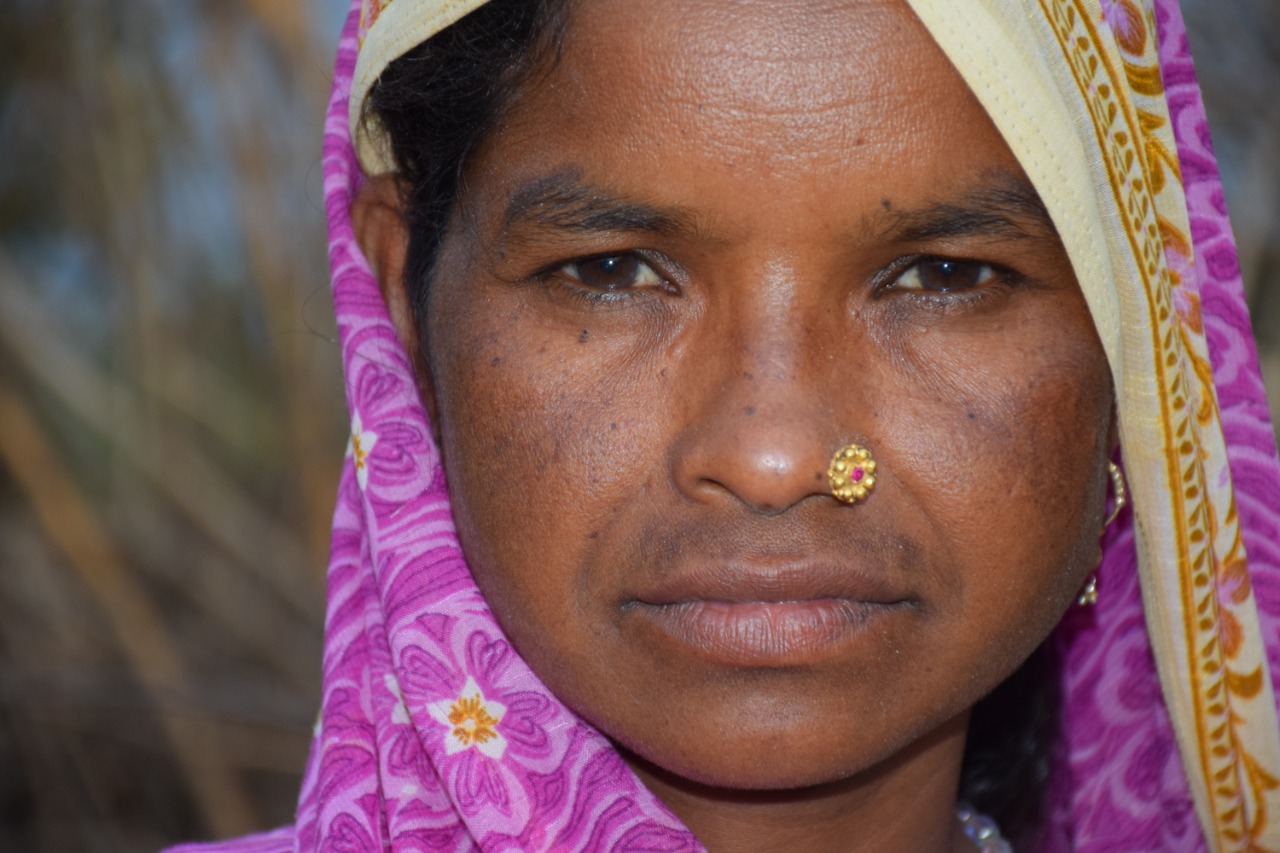
Mental Health Awareness in India: Addressing Key Challenges
8 Nov 2024
Mental health awareness is crucial in India, where millions silently struggle with mental health disorders, including depression, anxiety, and bipolar disorder. Despite growing recognition, India faces unique challenges in effectively addressing mental health issues. The stigma associated with mental illness remains a primary barrier. In Indian society, mental health issues are often misunderstood, leading to […]

Ensuring Girls’ Safety in India: A Path Toward Empowerment
20 Aug 2024
Girls’ safety in India remains a critical issue that has garnered increasing attention over the years. Despite various reforms and efforts from both government and civil society, challenges persist. From street harassment to domestic violence, gender-based discrimination continues to limit the freedom and safety of girls. While significant progress has been made in addressing these […]
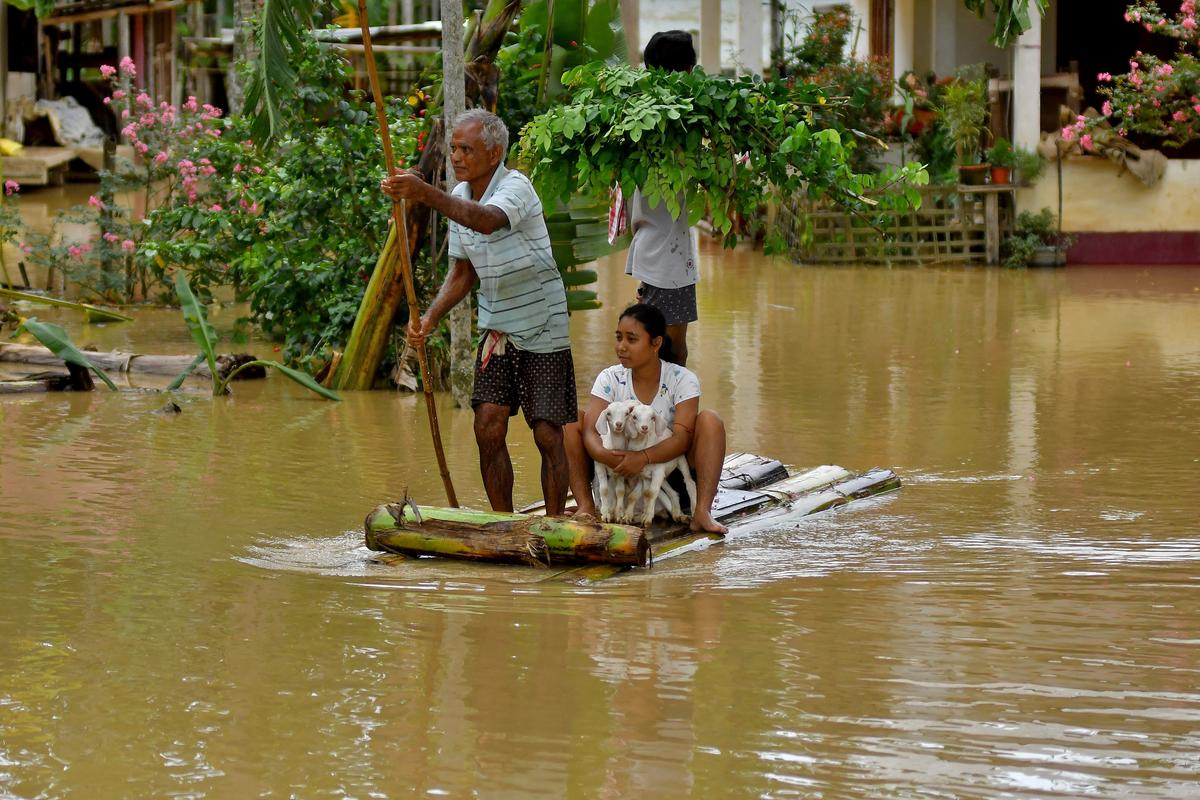
The Connection Between Monsoons and Floods in India: An In-Depth Analysis
9 Jul 2024
India, a land of diverse climates and geographical features, relies heavily on the monsoon season for its agricultural and water resources. However, with the benefits of the monsoon rains come significant challenges, particularly in the form of floods. This blog explores the intricate relationship between the monsoon season and flooding in India, providing detailed insights […]


